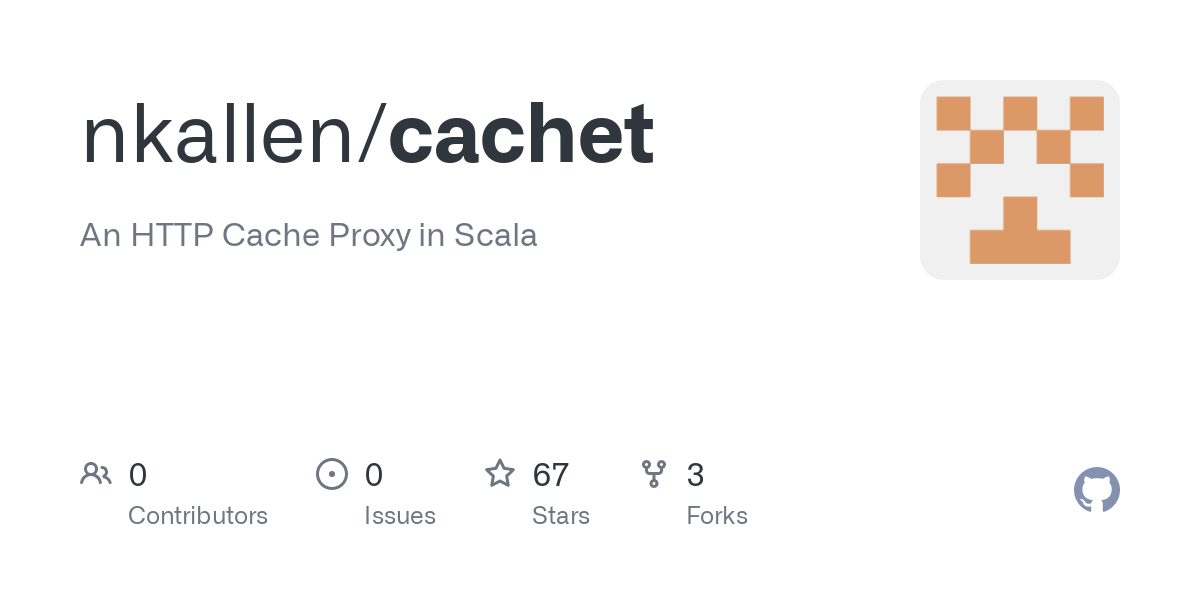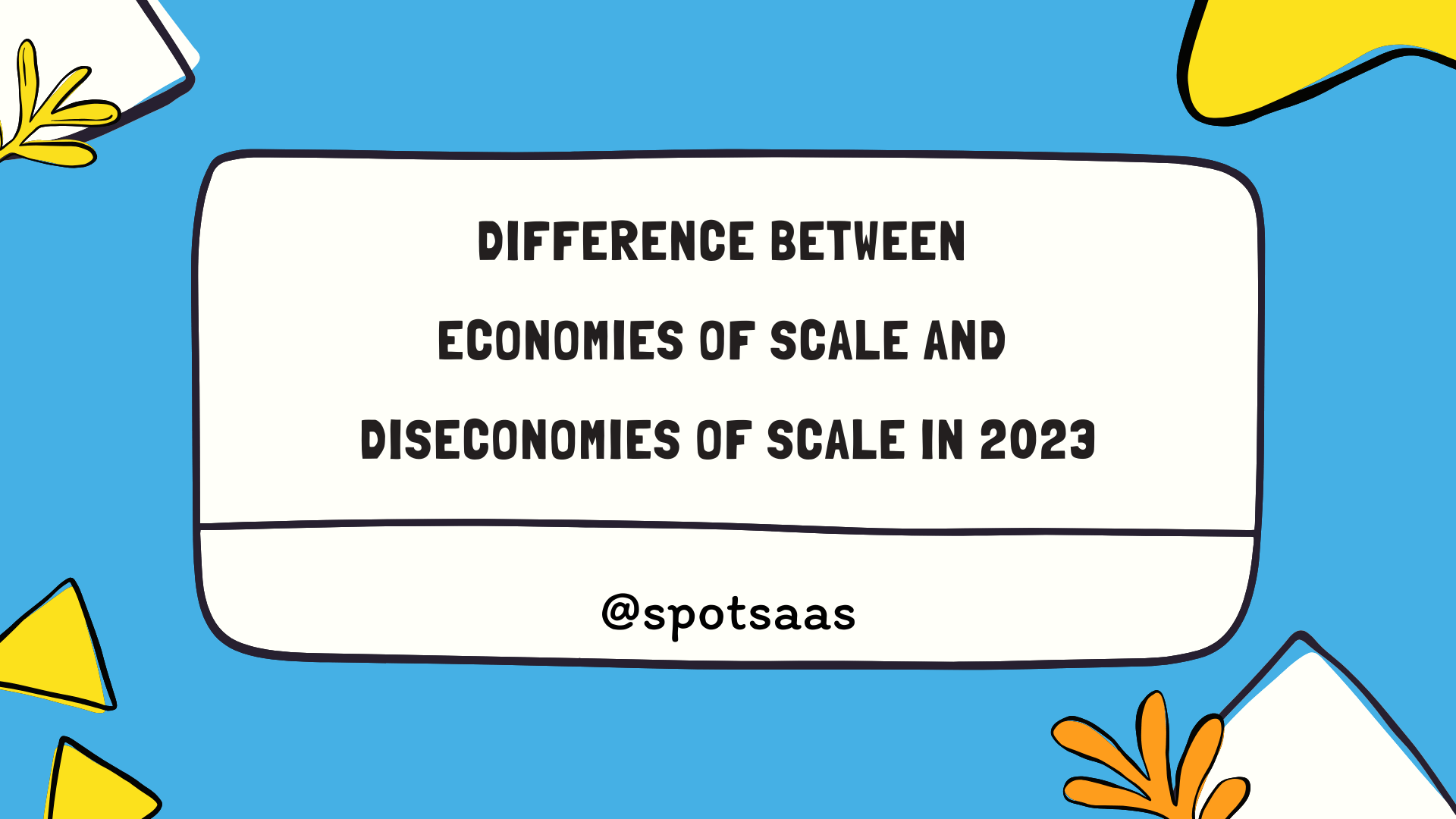Ever found yourself confused between the use of “cache” and “cachet“? You’re not alone—these similarly spelled words have very different meanings. One comes from French, meaning a hidden storage place, while the other signifies prestige or high status.
Key Takeaways
- Cache refers to a hidden or secret store of goods or valuables, while cachet signifies prestige or superior status.
- Cache is pronounced like “cash” and cachet is pronounced like “ka – SHAY.”
- Cache can be used as both a noun and a verb, meaning to hide something in a secret location. Cachet is used as both a noun and a verb, with its own unique meanings.
- Examples of correct usage include phrases like “The explorer discovered a hidden cache of treasure” and “The prestigious event had an air of cachet and sophistication.”
Definition and Usage of Cache
Cache, as a noun, refers to a hidden or secret store of goods or valuables, while as a verb it means to store or hide in a cache.
Meaning as a noun: a hidden or secret store of goods or valuables
A cache, in its simplest form, refers to a hidden collection of valuables or goods. The term originates from the French word ‘cacher’ which translates to ‘to hide’. It can designate numerous things stashed away, from treasures tucked under a pirate’s old oak tree to supplies stored by intrepid explorers for future use.
Digital natives will be familiar with the term too: computer users and web developers often speak about caching files or data for quick access later on. In any context, whether tangible or virtual, the common thread is that something valuable is being hidden away for later retrieval.
This notion of concealment sets ‘cache’ apart from everyday synonyms like stockpile or hoard – it’s not just about accumulation; it’s secretive storage with forward-thinking intent.
Meaning as a verb: to store or hide in a cache
To cache something as a verb means to store or hide it in a secret location. It involves creating a hidden stash of goods or valuables for future use or for safekeeping. This act of caching allows items to be stored away, often in remote areas, where they can be retrieved later when needed.
By hiding items in a cache, people can ensure their belongings are secure and protected from potential theft or damage.
Definition and Usage of Cachet
Cachet, as a noun, refers to a mark or indication of superior status or prestige.
Meaning as a noun: a mark or indication of superior status or prestige
A cachet, when used as a noun, refers to a mark or indication of superior status or prestige. It serves as a symbol that signifies importance, influence, and distinction. A cachet can enhance the reputation and image of something, adding an air of elegance, glamour, sophistication, class, and style.
Meaning as a verb: to enhance or add prestige to something
Cachet, when used as a verb, means to enhance or add prestige to something. It is about elevating the status or reputation of someone or something. By adding cachet to a person, product, or event, you are giving it an air of importance and distinction.
For example, celebrities often endorse products to give them cachet and make them more appealing in the eyes of consumers. Adding cachet can also be seen in exclusive events or locations that are considered prestigious and desirable due to their elevated status.
Differences between Cache and Cachet
Cache and cachet have distinct meanings and uses. While cache refers to a hidden or secret store of goods or valuables, cachet denotes a mark or indication of superior status or prestige.
Additionally, the pronunciation of these two words differs phonetically, with cache sounding like “cash” and cachet pronounced as “ka-shay.” Here are some examples showcasing the correct usage of both terms:.
Different meanings and uses
Cache and cachet may sound similar, but they have completely different meanings and uses. When it comes to cache, as a noun, it refers to a hidden or secret store of goods or valuables.
For example, treasure hunters often search for hidden caches of gold or artifacts. As a verb, cache means to store or hide something in a secretive manner. People might cache their money in various hiding places around the house for safety reasons.
On the other hand, cachet is used as both a noun and verb with its own unique meanings. As a noun, cachet refers to a distinctive mark or indication of superior status or prestige.
It can also be described as an official seal that adds credibility and importance to documents or letters. As a verb, cachet means to enhance or add prestige to something. For instance, attending an exclusive gala might give someone’s social media presence added cachet.
In conclusion (avoid wrap-up), despite their similar-sounding names, cache and cachet are two distinct words with different meanings and uses altogether (avoid reminding/recapping).
Pronunciation differences
Cache and cachet may look similar, but their pronunciations are different. The word “cache” is pronounced as “cash,” while “cachet” is pronounced as “ka-SHAY.” Remembering the correct pronunciation will help you use these words confidently in conversation and writing.
Examples of correct usage
Correct usage of the word “cache” as a noun can be seen in sentences like, “The explorer discovered a hidden cache of treasure,” or “She stored her savings in a secret cache.” As a verb, it is correctly used in sentences such as, “They decided to cache their supplies for the winter,” or “He carefully cached his diary entries on his computer.”

On the other hand, when using the word “cachet” as a noun, examples of correct usage include, “The prestigious event had an air of cachet and sophistication,” or “Her designer clothing added cachet to her image.” As a verb, it can be correctly used in sentences like, “They hoped that attending the exclusive party would cachet their reputation,” or “His award-winning performance will only further cachet his status in Hollywood.”
Conclusion
In conclusion, understanding the difference between cachet and cache is important for clear communication. While cache refers to a hidden store of goods or valuables, cachet signifies prestige or superior status.
Pronounced differently and used in distinct contexts, these words add complexity to our language. By grasping their meaning and usage, we can enhance our verbal sophistication and ensure effective communication.
FAQs
1. What does cachet mean?
Cachet refers to the recognition, distinction, or honor that comes with elegance and sophistication often associated with high class.
2. How is cache different from cachet?
Cache primarily refers to a quantity of items stored away as in “cache of goods”, it’s also used in relation to digital storage space, while cachet represents an intangible aspect reflecting esteem or glamour.
3. Does cache come from the French verb cacher?
Yes, “cache” derives from the French verb “cacher”, meaning to hide something away for future use.
4. Can I use cachet instead of mass noun when describing prestige or significance?
Yes, you can use ‘cachet’ as a mass noun when describing something that carries prestige or significance.



